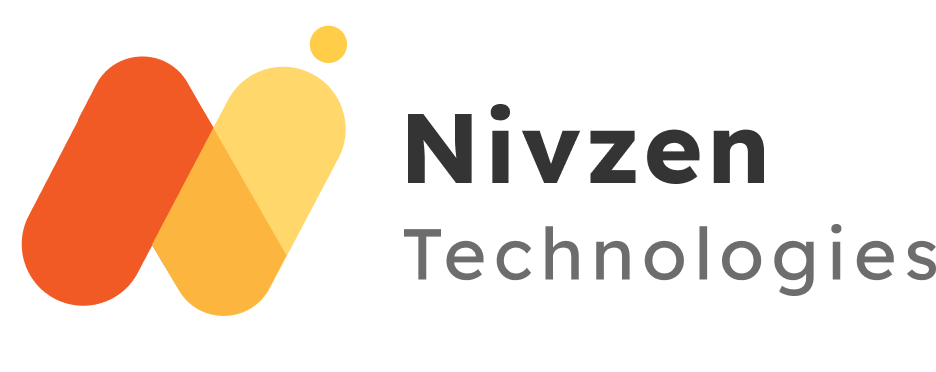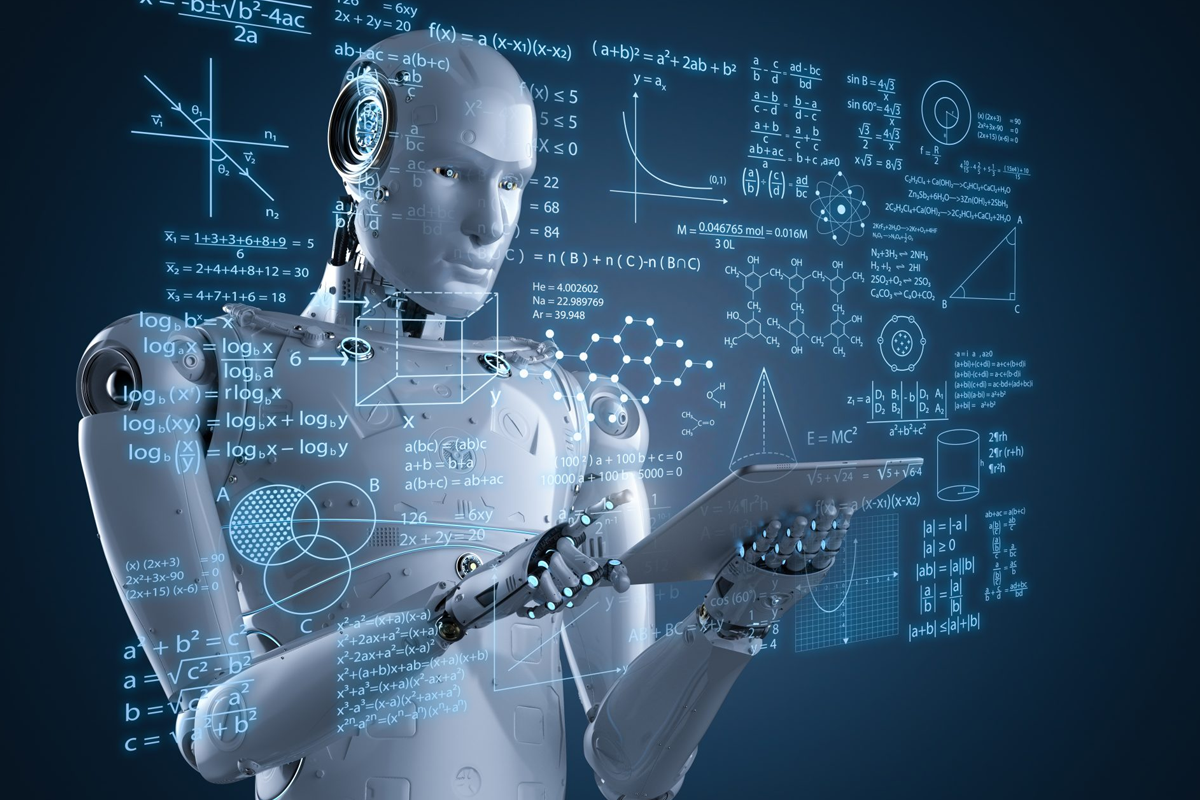Introduction
The Various Ways AI and ML Are Impacting Different Industries
Manufacturing, agriculture, retail, and many other industries are being impacted by artificial intelligence (AI) and machine learning (ML). These technologies are being used to improve efficiency, accuracy, and safety in various settings. In addition, AI and ML are also being used to develop new products and services.
For example, in the manufacturing industry, AI and ML are being used to power robots and other automated systems. These technologies are also being used to develop new materials and processes. In agriculture, AI and ML are being used to improve crop yields and livestock management. In retail, AI and ML are being used to personalize customer experiences and improve marketing.
How is AI impacting the retail industry?
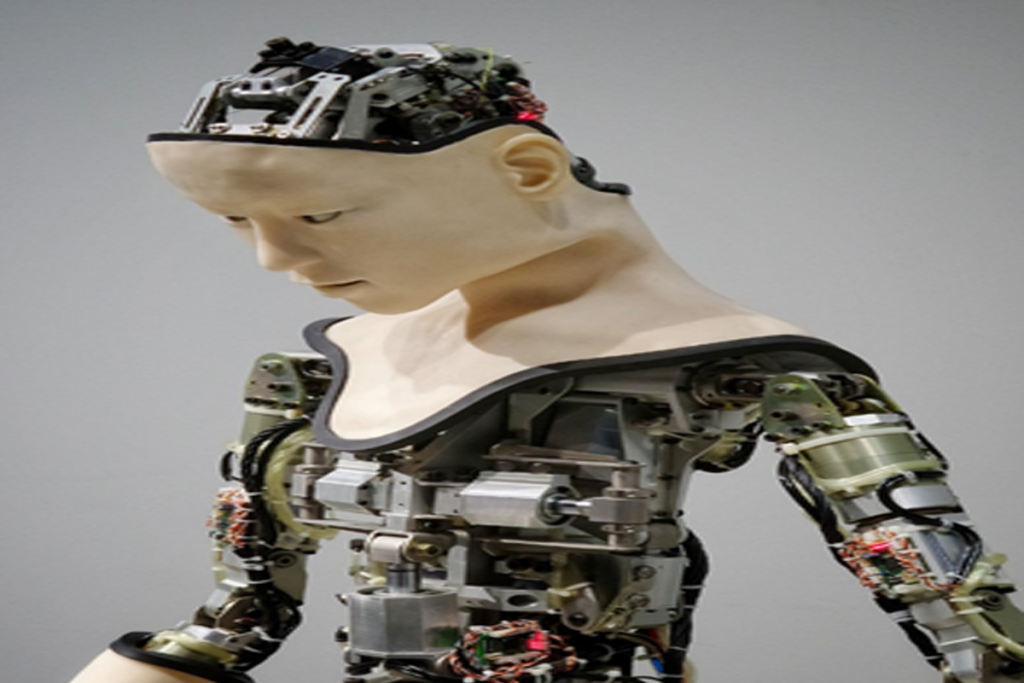
AI and ML are impacting the retail sector in a variety of ways. AI-powered chatbots, for example, can provide personalised customer service, reduce customer wait times, and handle complex tasks like ordering or returns. Machine learning algorithms can be used to curate products that customers are likely to purchase. This can make it easier for customers to shop, increasing conversions.
AI and ML can also be used to automate inventory management. By tracking customer purchases and analysing trends, AI-driven systems can make stocking decisions and restocking decisions. This helps retailers keep the shelves filled and save costs.
AI and ML can also be used to collect data about customer behaviour and analyse it. This in turn can be used to improve customer experiences and provide more personalised services. AI and ML are playing a key role in the retail industry, opening up new possibilities for retailers and customers alike.
How is AI being used in the healthcare industry?

The healthcare industry is turning to AI and ML for a large number of tasks. AI can be used for disease diagnosis, facial recognition for authentication, virtual health assistants, and much more. ML can also be used for patient monitoring and the analysis of large amounts of healthcare data.
AI and ML can be used to automate administrative tasks like insurance claims processing and medical billing, freeing up healthcare workers to focus on other tasks. AI-powered systems can be used to predict patient health outcomes and enable precision medicine.
In addition, AI and ML can be used for robotic-assisted surgeries, which can improve accuracy and reduce the time required for surgeries. AI and ML are also being used in biotechnology, drug discovery, and medical imaging.
The healthcare industry is only just beginning to realise the potential of AI and ML, but the possibilities are already considerable. With the right combination of technology, healthcare organisations can save time, money and lives.
What other industries are using AI and ML?
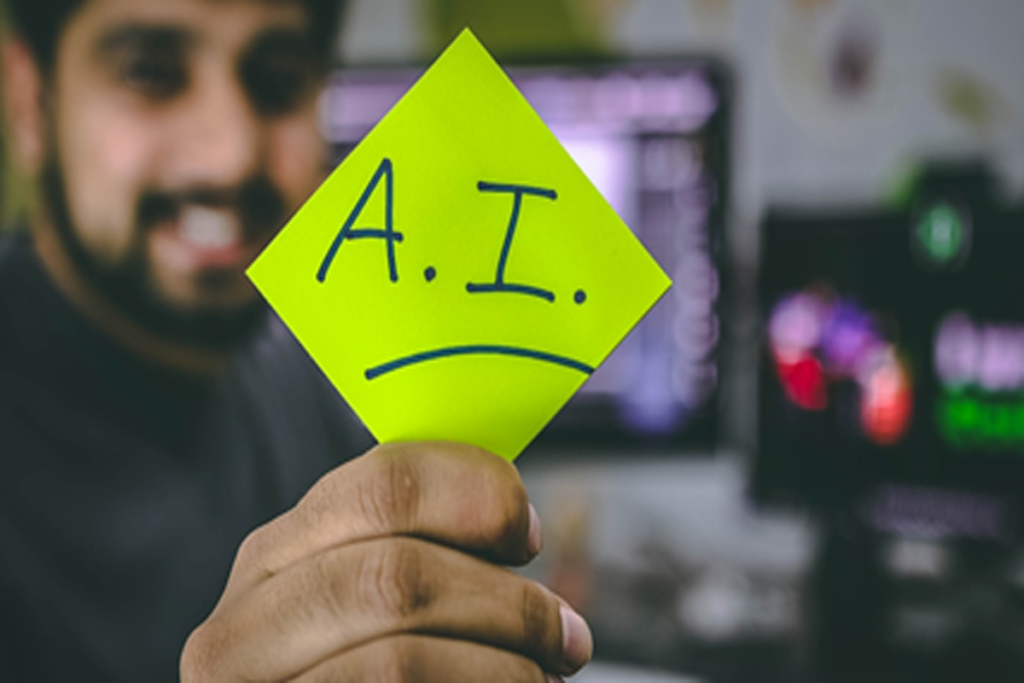
AI and ML are being used in a variety of other industries, from transportation to retail. Here are some of the ways AI and ML are being used:
- AI-powered chatbots are being used to automate customer service in hospitality and retail industries.
- AI and ML are being used to optimize real estate and logistics.
- ML is being used for predictive maintenance in the manufacturing industry.
- AI and ML-powered algorithms are being used to recommend products in the retail and e-commerce industry.
How will AI and ML develop in the future?
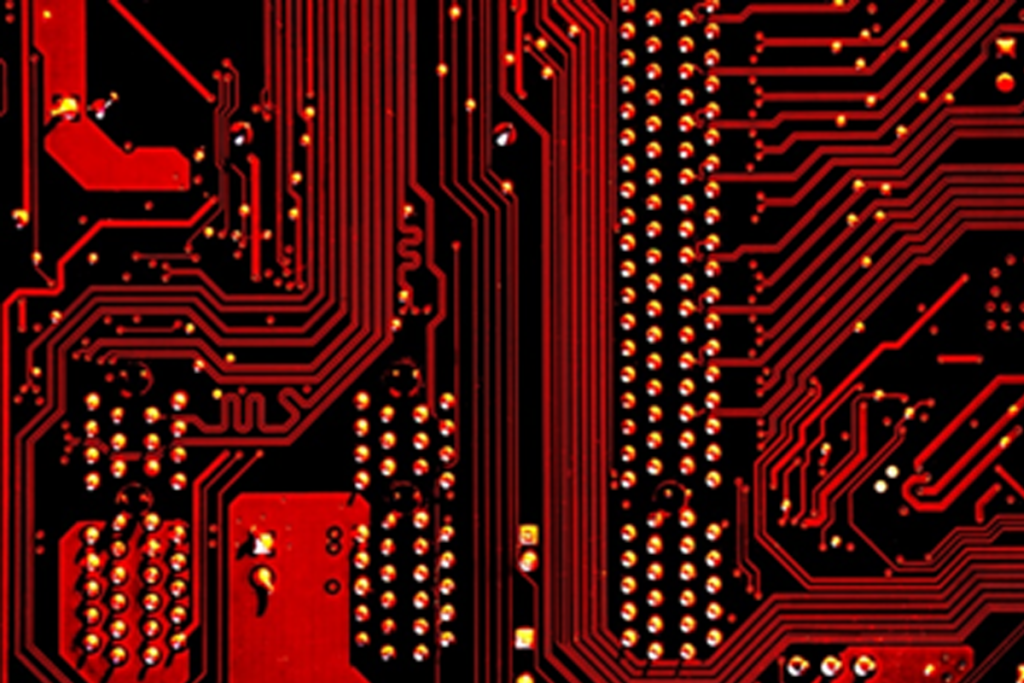
AI and ML have the potential to revolutionize our lives, making mundane tasks much easier and allowing us to focus on the things that matter most. As technology continues to advance, so too will the applications of AI and ML.
Organizations are already leveraging AI and ML to drive their business processes, improve decision-making capabilities, and provide deeper insights. More AI and ML advancements in the years to come will allow us to come up with improved models, more accurate results, and faster processing times.
One of the future trends that is already taking shape is the use of AI-driven cognitive computing systems. These systems will allow machines to understand human communication and emotion and act accordingly. The use of deep learning models is also expected to be more widespread. Deep learning models are complex, non-linear models that enable machines to process large amounts of data and identify complex patterns.
